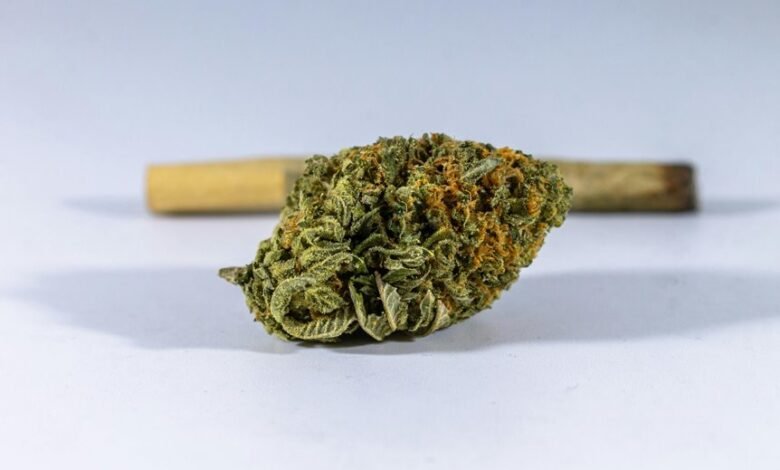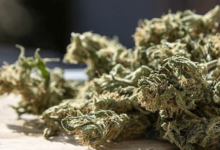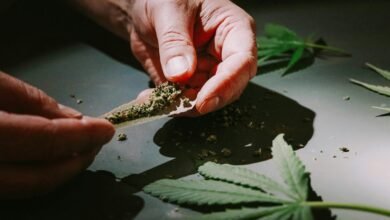Is Cbd Psychotropic

CBD, or cannabidiol, is often discussed in relation to its non-psychotropic nature. Unlike THC, it does not produce intoxicating effects. This distinction raises important questions about its impact on mental and physical health. Understanding how CBD interacts with the body can inform users seeking therapeutic benefits without the high. However, the nuances of its effects warrant closer examination. What does this mean for its legality and acceptance in various contexts?
Understanding CBD and Its Sources
Cannabidiol, commonly known as CBD, is a prominent cannabinoid found in the cannabis plant.
Its sources include hemp and marijuana, with hemp being the preferred choice due to its low THC content.
CBD extraction methods, such as CO2 extraction and ethanol extraction, play a crucial role in obtaining pure CBD, allowing consumers to benefit from its potential therapeutic properties while maintaining legal compliance.
The Difference Between CBD and THC
How do CBD and THC differ in their effects and legal status?
CBD, known for its therapeutic benefits, does not induce a high and is legally accessible in many jurisdictions.
Conversely, THC, the psychoactive component of cannabis, can produce intoxicating effects and faces stricter legal restrictions.
Understanding these differences is essential for individuals seeking to explore the potential benefits and legality of CBD.
Potential Effects of CBD on the Mind and Body
While many individuals associate cannabis with psychoactive effects, CBD offers a distinct profile that primarily influences both the mind and body without inducing a high.
Research indicates potential CBD health benefits, including reduced anxiety and improved sleep quality.
Additionally, users often report enhanced CBD mental clarity, suggesting its ability to support cognitive function while promoting overall well-being, making it a compelling option for many.
Clarifying CBD's Psychotropic Properties
What defines the psychotropic properties of a substance, and where does CBD fit within this spectrum?
CBD is often misunderstood due to prevalent CBD misconceptions. Unlike THC, CBD does not induce a high, making it non-psychotropic.
Understanding CBD's safety is crucial for consumers seeking therapeutic benefits without psychoactive effects, thus promoting informed choices in the evolving landscape of cannabis-derived products.
Conclusion
In conclusion, CBD stands as a lighthouse in the often murky waters of cannabis, guiding users toward therapeutic relief without the intoxicating effects of THC. Its non-psychotropic nature allows individuals to navigate their wellness journeys with clarity and confidence, free from the legal and psychological complexities associated with other cannabinoids. As research continues to unveil its potential, CBD remains a promising option for those seeking holistic health benefits without the high, illuminating a path toward enhanced well-being.






